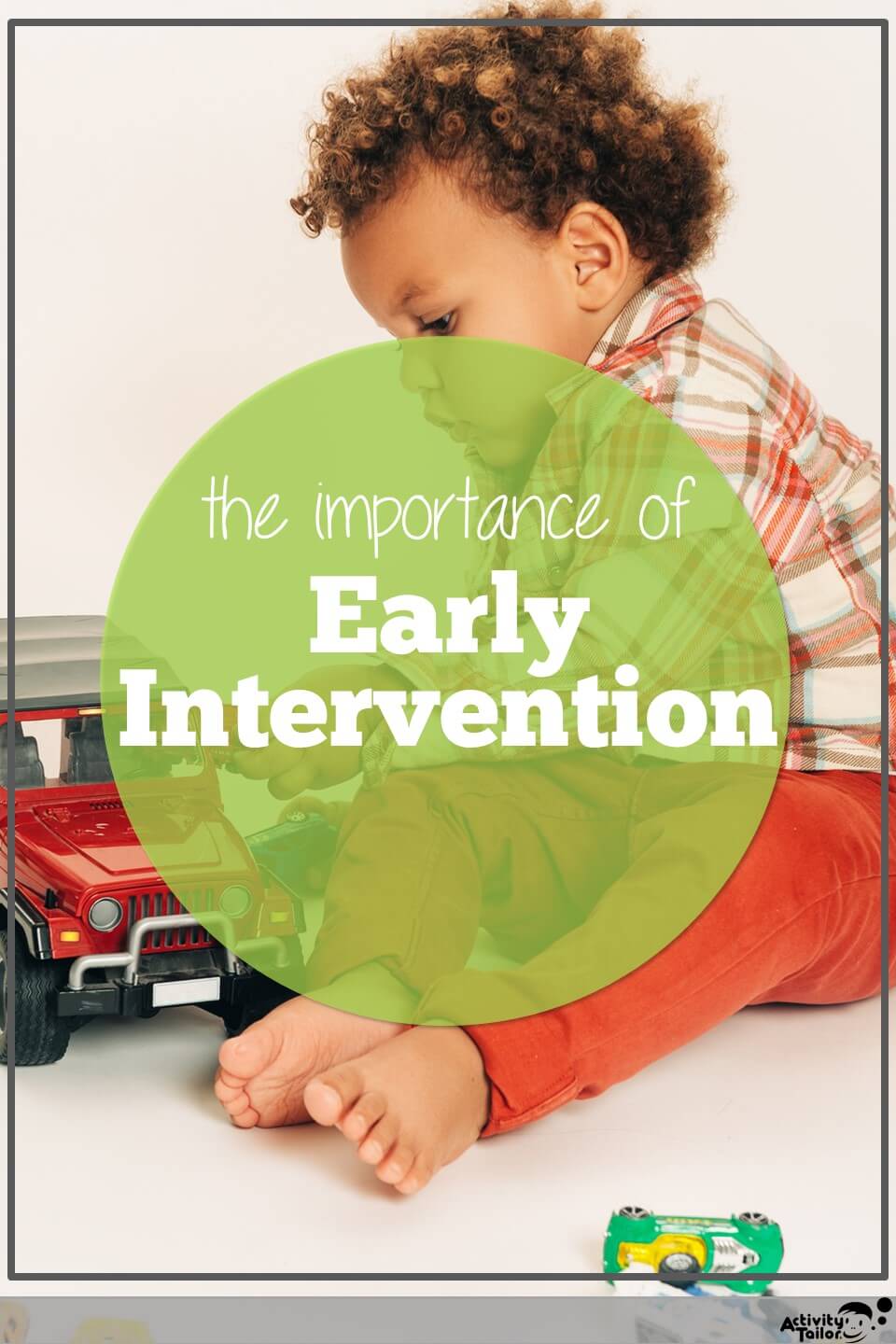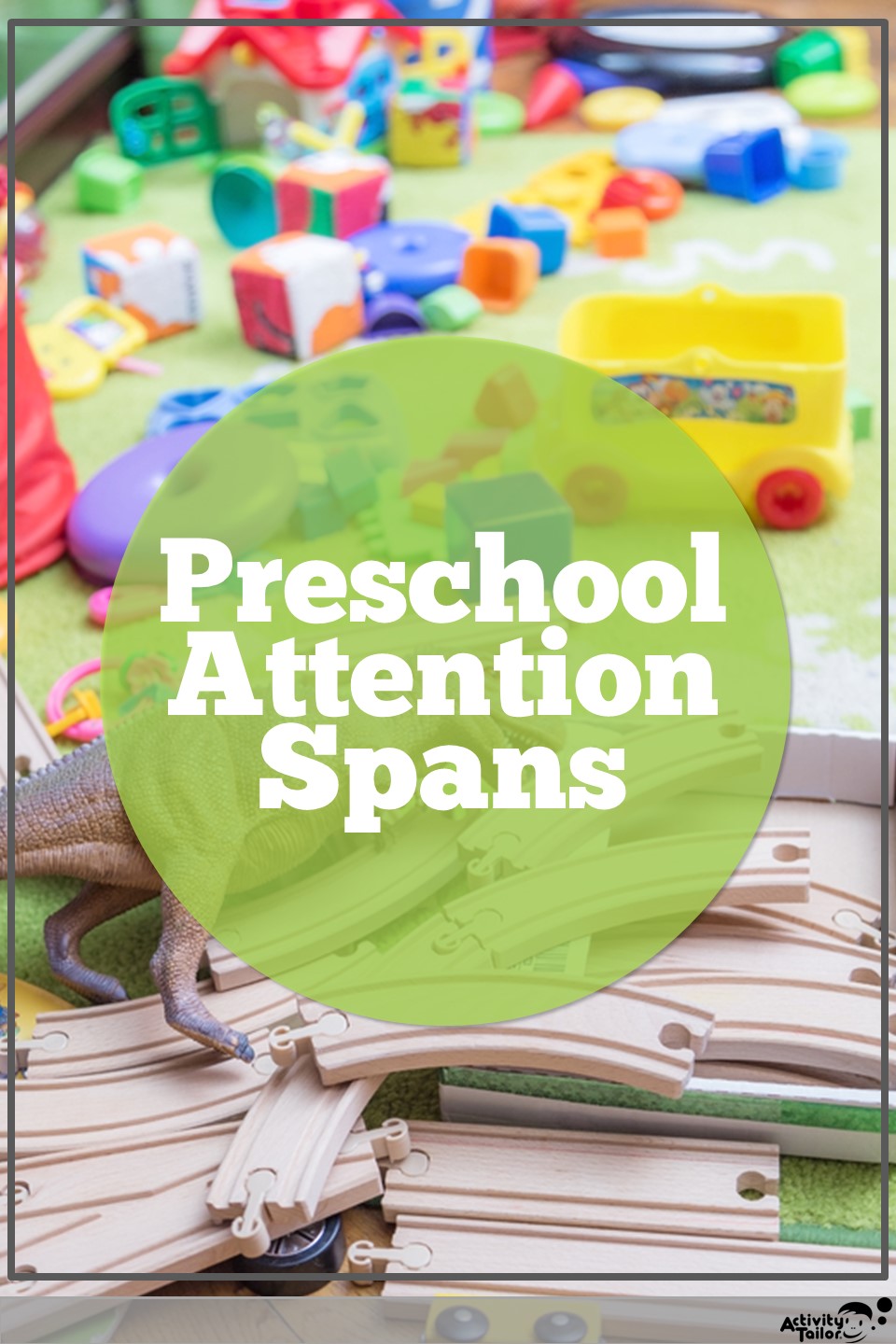As a pediatric SLP, your dedication to helping children make progress with their speech and language goals is unwavering. However, there are times when that progress stalls. As you approach the end of the year with spring on the horizon, it’s necessary to have difficult conversations with caregivers when their child isn’t making the expected progress with speech and language goals. Read on for 3 high-quality tips to make the most of these conversations about stalled speech progress.
3 Important Tips for Conversations about Stalled Speech Progress
- Make Necessary Referrals
- Accept Limitations
- Discuss the Importance of Home Practice
Make Necessary Referrals for More Information
The first step to consider before having a difficult conversation with a caregiver is what other referrals might provide additional insight about the child you are working with.
Collaborating with other specialized professionals can give you additional information about the child’s development or physical well-being that impacts your therapy plan moving forward and allows for progress to begin again.
Making these referrals shouldn’t feel like a bad thing. Children are so much more than their speech and language skills, and it’s wise and good to acknowledge that!
Consider the following referrals:
- Audiological examination
- Neurological assessment
- Occupational therapy consultation
- Physical therapy evaluation
- Sleep study
- Tethered oral tissue consultation
Recognizing the unique qualities and needs every child presents with doesn’t make you any less of a great SLP– it speaks to your high level of care and expertise!
Accepting Limitations
After you have considered needed referrals and discussed these with parents, consider possible limitations or plateaus that might be occurring with the child.
Be transparent with parents about the variability in progress and reassure them that your commitment to their child’s improvement doesn’t waver.
It’s helpful to give real examples of other children who have experienced periods of slower progress before making significant improvements (while remaining HIPAA compliant of course!!)
Other times, older children may have reached plateaus in their skills that are appropriate for dismissal.
Examples of plateaus that may be ready for discharge:
- A preteen who has been in speech therapy for years working on a couple vowelized Rs
- A teenager with mild disfluences without recent significant progress
Discuss the Importance of Home Practice
For some clients, their recent stalled speech progress is purely due to lack of practice as home. It’s up to you to re-educate parents of the importance of home practice towards their child’s long term progress.
Use these parent education handouts to help you teach them more about their child’s speech diagnosis and highlight why homework is necessary for progress. Encourage caregivers to ask questions and express their concerns regarding their child’s speech skills and practice.
This is a great time to remind parents that speech therapy is a collaborative effort, and they are just as important of a player in the game as you are!
Homework Assignments and Strategies
Extend your support to caregivers beyond weekly therapy sessions by sharing practical homework assignments and strategies. Think about ways to incorporate practice into daily routines and times of the day.
Keeping it easy for caregivers will help them feel confident that they CAN make homework a habit!
Always Highlight Small Wins and Adjust Expectations!
In the quest for progress, it’s important to celebrate the smallest of victories! Clearly communicating these successes to parents will help them recognize the progress that is being made when they may be the ones who feel that progress has been stalled.
Always be willing to adjust expectations and therapy goals as needed. It’s better to make changes and see progress being made rather than keep unattainable goals.
Navigating difficult conversations with caregivers about a child’s limited or stalled speech progress is undoubtedly challenging. By incorporating these suggestions, you can approach these conversations with confidence while fostering a collaborative and supportive environment with families. Always approach these interactions with empathy and remember, you’ve got what it takes to see this through!
You may also be interested in reading:
5 Effective Ways for SLPs to Promote Practice During School Breaks
4 Tips for Pediatric SLPs When Talking to Caregivers
Recognizing the Early Signs of Autism











